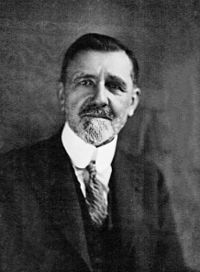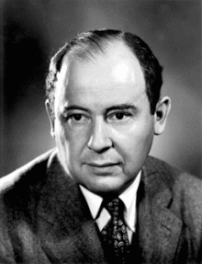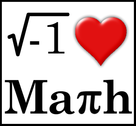Game Theory Unit
|
Game Theory is the study of mathematical models of strategic interaction between rational decision-makers. It has applications in all fields of social science, as well as in logic and computer science.
Originally, it addressed zero-sum games, in which one person's gains result in losses for the other participants. Today, Game Theory applies to a wide range of behavioral relations, and is now an umbrella term for the science of logical decision making in humans, animals, and computers. |
|
Emile Borel: The Forgotten Father of Game Theory?
In 1921, Emile Borel, a French mathematician, published several papers on the theory of games. He used poker as an example and looked at the problem of bluffing and second-guessing the opponent. Borel envisioned game theory as being use in economic and military applications. While Borel could be arguably be known as the first mathematician to envision an organized system for playing games, he did not develop his ideas very far. For that reason, most historians give the credit for developing and popularizing game theory to John Von Neumann, who published his first paper on game theory in 1928, seven year after Borel. |
Lecture Notes & Other Resources
|
Game Theory - Day 1
Explaining a Cornerstone of Game Theory: John Nash's Equilibrium Theory -----MOVIE CLIP: A Beautiful Mind This is the scene in the movie where John Nash comes up with the idea for the Nash Equilibrium. However, the scene does not depict the Nash Equilibrium at all, but instead, shows Nash using backward induction. -----VIDEO CLIP: The Prisoner's Dilemma This is an example of the Nash Equilibrium. |
Game Theory - Day 2
Probability and Game Theory in The Hunger Games
Game Theory - Day 3 Various Board Games
-----PDF: The Game Theory of Othello (Reversi)
-----VIDEO: Understanding the Mathematics Behind Connect 4
-----VIDEO: How To Always Win At Dots and Boxes
-----VIDEO: How To Play Koane (Hawaiian Checkers)
Game Theory - Day 4 Variations of Tic-Tac-Toe
-----VIDEO: Tic Tac Toe - X's Only
-----VIDEO: Secrets of 3-Board Tic-Tac-Toe
|
|
|



